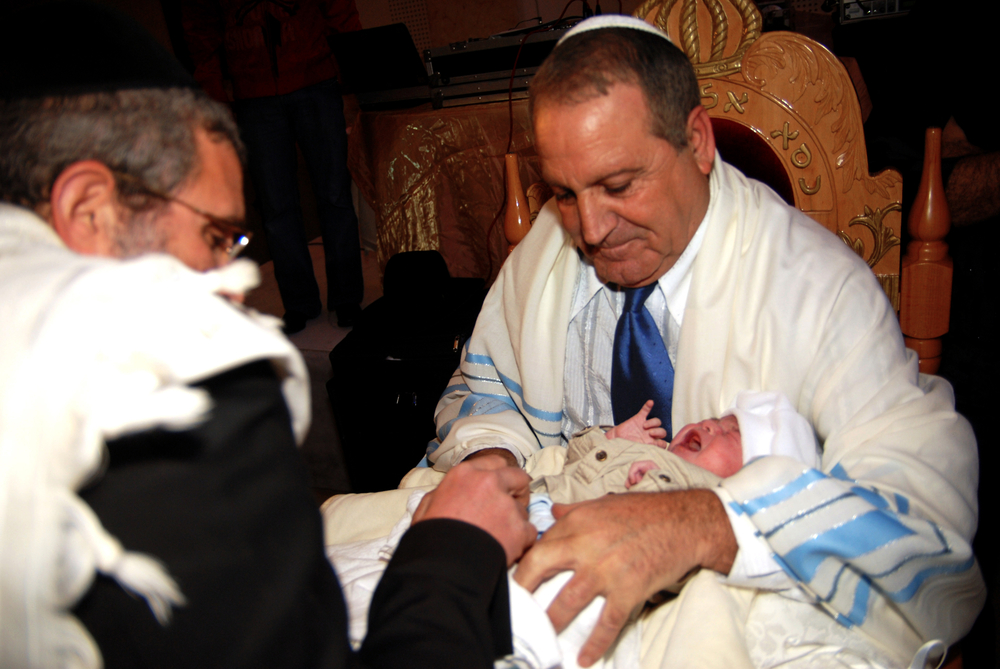Shavuos is not only a day on which we celebrate the fact that we got the Torah on this day thousands of years ago. Our Sages tell us (Yalkut Shimoni, Yisro 271) that every year on Shavuos, when we read from the Torah, God considerers it as if we are standing at Mount Sinai, accepting the Torah again.
When the Jews first accepted the Torah, they made their famous proclamation of “Na’aseh Venishma” – we will do and we will listen. These words beg for an explanation. How can they first say that they will do and then they will listen? A person can only carry out the instructions once he listens to them. The Bais Halevi (Parshas Ki Sisa) explains, that the listening here does not refer to simply listening to instructions. That is included in their commitment to do, since they obviously can’t do that which they didn’t hear to do. The listening here refers to understanding. The Jews committed themselves to do as they are told first, and only afterwards ask questions and try to understand the meaning behind the commandments of the Torah. In this fashion, their commitment to follow the Torah commandments is not contingent on whether or not they understand the reason behind them. The commitment was a total submission to the Torah, even if it defies their logic.
This concept is complemented by another principle the Bais Halevi uses to define this commitment (Parshas Yisro). The Rambam rules that one who commits to his friend something which has no defined amount, the commitment is invalid. Therefore, says the Rambam, if someone commits to do whatever his friend asks of him, the commitment is invalid, since he doesn’t know what his friend will ask of him. If so, asks the Bais Halevi, how was the commitment of “Na’aseh Venishma” valid? Being that they were unaware of all the obligations of the Torah, such a commitment should have no validity. The Bais Halevi answers that this all holds true when one makes a specific, isolated commitment. However, one has the right to declare himself as a servant for someone, in which case he will be obligated to heed his master’s orders which don’t have any defined amount. So too, at Mount Sinai, the proclamation of “Na’aseh Venishma” wasn’t just a commitment, but a declaration of submitting ourselves to become God’s servants.
This gives us new meaning to our annual recommitment to Torah on Shavuos. We are not just accepting a set of laws, but committing our whole being to the Torah. We are accepting our role as servants of God who must heed every order of the Torah, whether we understand the reason for them or not.
Someone once came to Rabbi Meir Soloveichik, the great-grandson of the Bais Halevi, and asked him a question. This person was venturing into the field of educating unaffiliated Jews, and he wanted to know what special spiritual qualities are associated with this task. There are many Mitzvos (good deeds) of which our Sages revealed have special attributes, blessings or other spiritual side benefits, and he wanted to know what unique perks this Mitzvah has. Rabbi Meir Soloveichik told him, “What it comes to doing Mitzvos, all we need to know is one thing: Did God tell us to do this or not? That is all you should be concerned with when contemplating what you should do in life.”
This is the attitude of a true servant of God. A loyal servant is not concerned with what he can get out of the service or whether he understands the reasons for his orders, but with what his master wants him to do. The role of being people who are defined as servants of God is something we must learn to appreciate. On the surface, it may seem to be a burden, since we are not free to do as we wish or as we see fit. However, if we think deeply into it, we will realize that this is the most honorable position one can have. What can be a higher status in life than being a personal servant of the Almighty Himself? Going after our own agendas in life and preferring our personal opinions over the outlooks of the Torah is diminishing our own greatness. The less we are subservient to God’s Torah, the less we can be considered true loyal servants of God. Shavuos is a time to renew our commitment and desire to be more involved with Torah, and to reaffirm our loyalty. But even more so, Shavuos is a time to reflect on the great stature we have and to strengthen it with renewed enthusiasm. It’s a time for every Jew to proclaim his personal “Na’aseh Venishma” with joy and pride, as our forefathers did at this time.
torah4every1@gmail.com by Rabbi Yitzchok Aryeh Strimber


